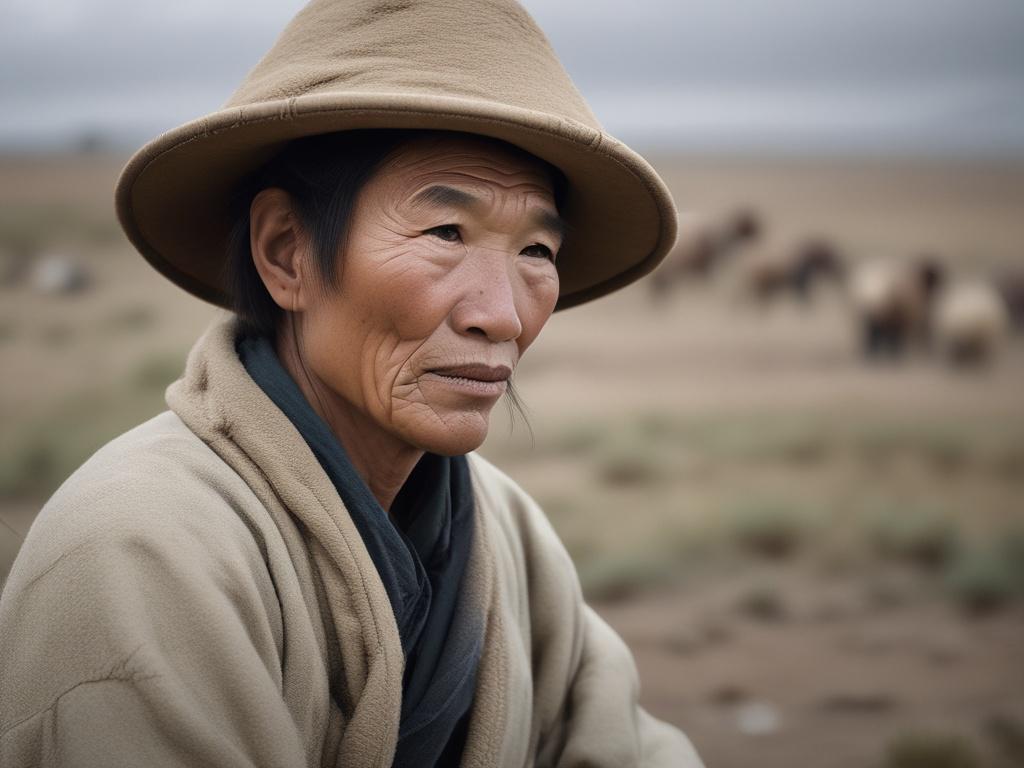

Southern Mongolia, a region rich in culture and tradition, faces significant challenges under oppressive governance that impacts its people daily. This blog post aims to explore the ongoing struggles faced by the citizens of Southern Mongolia, shedding light on how authoritarian policies and political repression disrupt their lives. From restrictions on cultural expression to violations of human rights, the stark reality of governance in this region poses severe consequences for the local communities.
As we delve deeper into these issues, we will examine the impact of political repression on the people of Southern Mongolia, highlighting the resilience they show in the face of adversity. Through personal stories and testimonies, we will illustrate how these struggles manifest in everyday life. Join us as we uncover the complexities of Southern Mongolia's plight and give voice to those who continue to fight for their rights and freedoms against a backdrop of oppression.
Understanding the oppressive governance in Southern Mongolia
Southern Mongolia, an area that holds rich cultural heritage and vast natural resources, finds itself under the heavy hand of oppressive governance. The Chinese government's authoritarian policies have systematically marginalized the Mongolian people, stripping them of their cultural identity and rights. The ruling authorities impose strict regulations on language, education, and religious practices, effectively eroding the unique traditions that define the Mongolian way of life. This oppressive governance creates an environment of fear and compliance, where dissent and autonomy are often met with severe repercussions.
The pervasive control extends beyond cultural suppression; it infiltrates daily life. Public assembly, free expression, and even the right to raise concerns about local governance face tight restrictions. As a result, the people of Southern Mongolia experience a fundamental disconnect from their own governance, fueling frustration and hopelessness. This overarching control stifles not only individual freedoms but also collective action, leaving the community in a state of vulnerability. Understanding these dynamics is crucial to recognizing the ongoing struggles faced by the people living in Southern Mongolia and the urgent need for change.
The impact of political repression on local communities
Political repression in Southern Mongolia has left deep scars on local communities, eroding trust between the people and their government. Residents face restrictions on their cultural practices, with authorities often targeting traditional expressions that celebrate Mongolian heritage. This oppressive governance restricts language use in schools and public discourse, forcing many to abandon their cultural identity. The impact extends to everyday life, as local leaders can be silenced through intimidation or imprisonment, leaving communities without vital representation and support.
Moreover, the political climate stifles economic opportunities for Southern Mongolia's residents. Government policies prioritize outside investments while neglecting local needs, leaving communities trapped in cycles of poverty. The mining and resource extraction activities, often pursued without community consent, lead to environmental degradation, threatening agriculture and pasturing—a source of livelihood for many families. As people navigate these challenges, they struggle to advocate for their rights, fearing retaliation from an unyielding regime.
Voices of resilience: Exploring the ongoing struggles of Southern Mongolia’s people
The people of Southern Mongolia exhibit remarkable resilience in the face of ongoing struggles stemming from oppressive governance. Despite facing censorship, restricted freedoms, and cultural suppression, communities continue to organize and advocate for their rights. Many grassroots movements, fueled by a desire to maintain their unique identity and traditions, have emerged. Local leaders and activists work tirelessly to raise awareness about human rights violations, engaging with international organizations to highlight their plight. Through protests, literature, and art, they express their yearning for autonomy and dignity, igniting a sense of hope amid adversity.
Moreover, the youth of Southern Mongolia play a crucial role in amplifying these struggles and envisioning a better future. Equipped with digital tools and social media, they connect with global audiences to shed light on the issues their communities face. Educational initiatives focus on cultural preservation and empowerment, inspiring the younger generation to take ownership of their heritage. By sharing their stories and promoting solidarity, the people of Southern Mongolia challenge the oppressive governance that seeks to silence them. Their resilience serves as a powerful reminder of the undying spirit of communities striving for justice and self-determination.